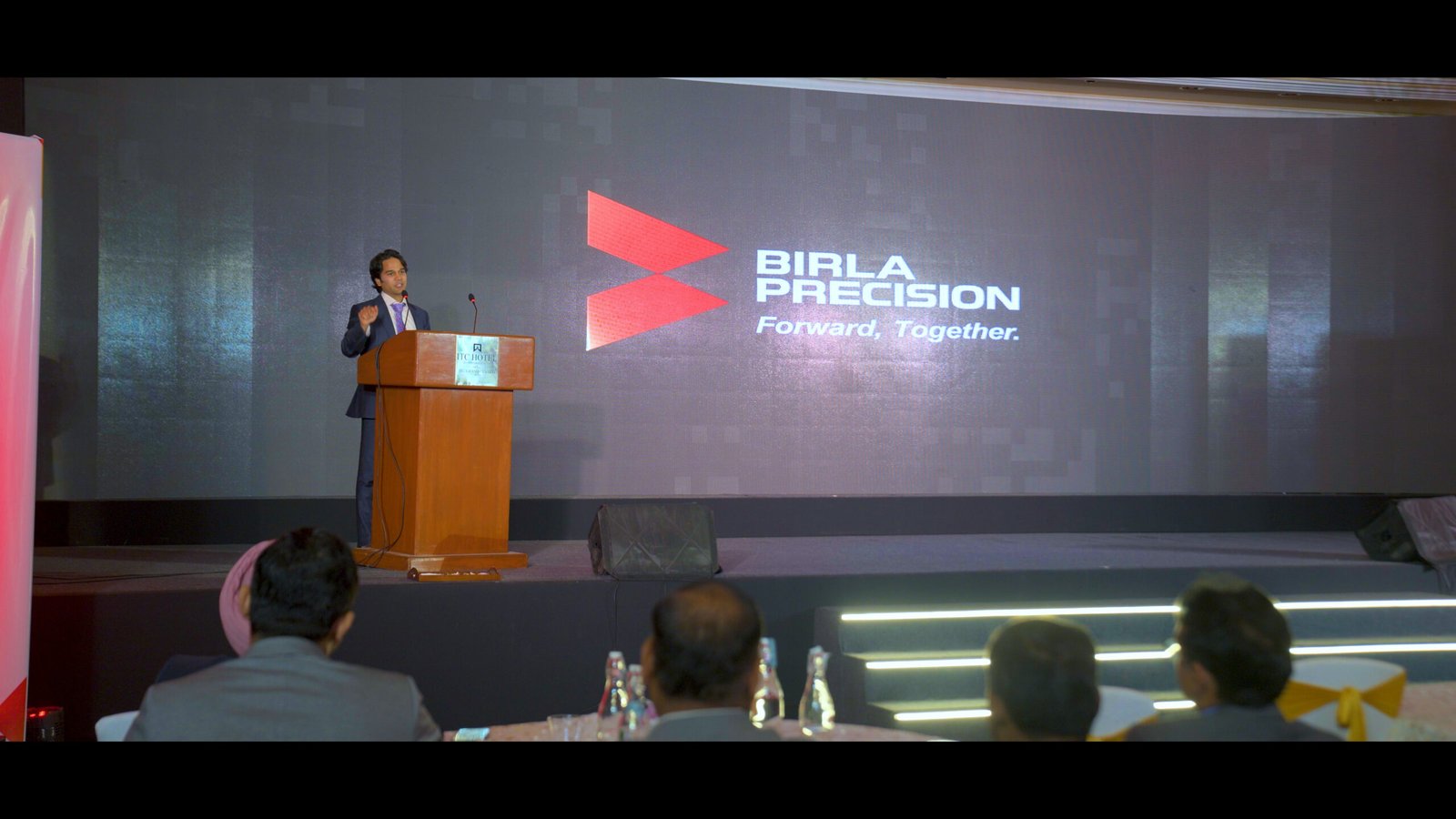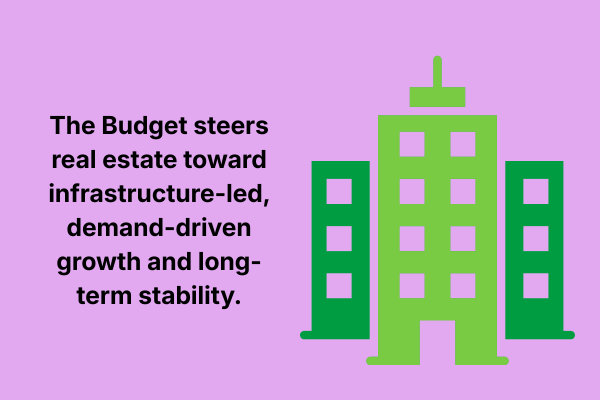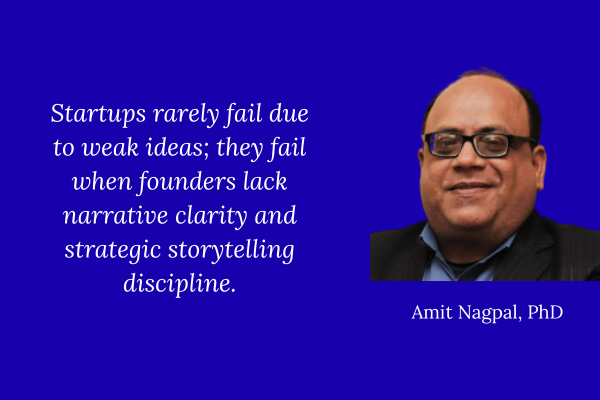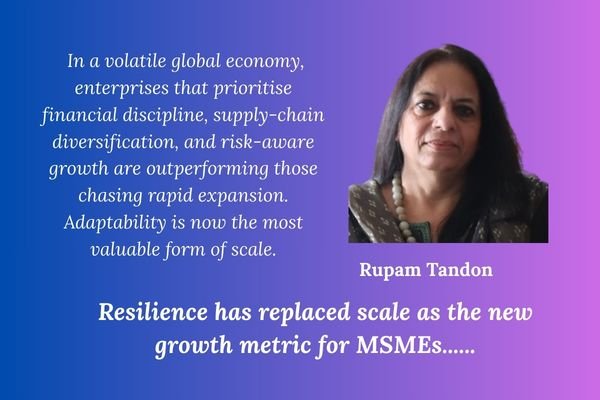Why Trust, Not Just Growth, Drives Startup Valuations
The Governance Dividend: Why Investors Bet on Well-Governed Startups
Strong governance is no longer a compliance burden but a strategic advantage. Startups and SMEs that embed transparency, accountability, and ethical leadership earn investor trust, secure better valuations, and build resilience in uncertain markets. In today’s funding landscape, governance is the true dividend that fuels sustainable growth, argues Rupam Tandon.Governance as Capital, Not Compliance
In the startup world, speed is celebrated. Founders are encouraged to “move fast and break things,” chase growth at all costs, and disrupt incumbents. But in today’s funding climate, investors are asking tougher questions: What safeguards exist around decision-making? How transparent is reporting? How ethical is leadership?
The answer lies in governance. Far from being a bureaucratic drag, strong governance is becoming a dividend — reducing cost of capital, attracting quality investors, and building resilience in a turbulent global economy. For Indian startups and SMEs, this shift is especially critical as they compete not just for customers, but also for the trust of global capital markets.
Why Investors Care About Governance
For decades, investors looked mainly at topline growth and market share. That is changing. Institutional investors, venture capital funds, and private equity players now recognise that governance failures can wipe out billions in value overnight.
- Capital Preservation: Weak governance exposes investors to fraud, regulatory sanctions, and reputational damage.
- Exit Readiness: IPOs and strategic acquisitions require due diligence, and governance lapses can derail deals.
- Sustainable Value: Well-governed firms outperform in downturns because they manage risks proactively.
This is not theory. Global scandals — from Theranos in the U.S. to BharatPe in India — have shown that governance blind spots create existential risks. Conversely, companies like Zoho and Zerodha have demonstrated that self-imposed governance standards can be a competitive edge.
The Governance Premium: Lower Risk, Higher Valuation
Investors often apply a “governance premium” or “discount” when valuing startups. A startup with transparent reporting, audited accounts, and strong boards can attract capital at better valuations, while one with opaque practices faces higher risk premiums.
- Tiger Global’s India experience highlighted this — its exits from startups with weaker governance structures were far less profitable than from those that had institutionalised controls.
- SoftBank scaled back investments after governance controversies in portfolio companies such as WeWork, showing how one failure can reshape investor strategies.
- In India, Nykaa’s IPO benefited from its focus on board diversity and structured governance, while other unicorns faced scrutiny for related-party transactions and founder dominance.
Investors are increasingly asking: Will this startup still inspire trust five years from now?
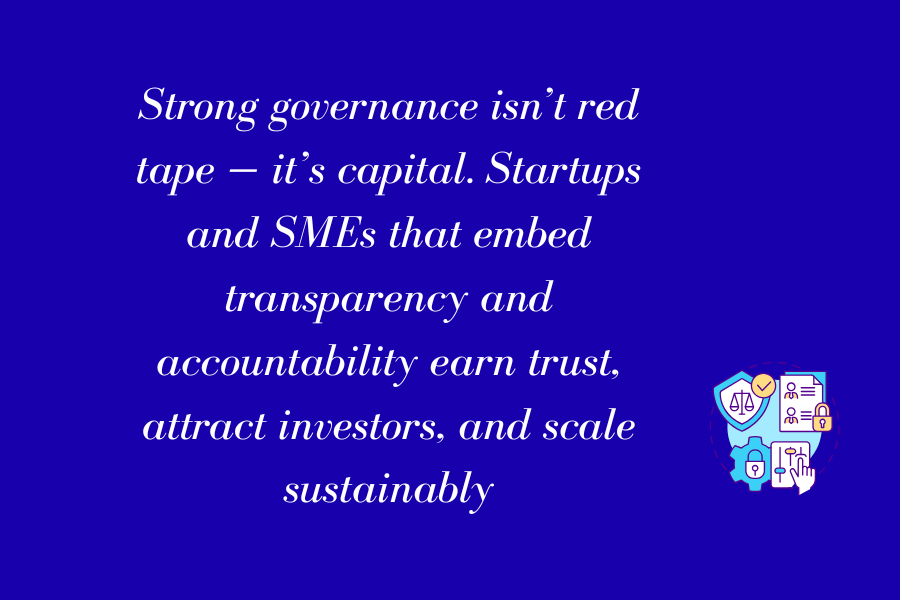
Governance as a Due Diligence Checklist
For venture capital and private equity funds, governance has become a key part of due diligence. Beyond financial statements, investors now examine:
- Board Composition: Is there independent oversight, or is it founder-controlled?
- Compliance Hygiene: Are tax, labour, and regulatory filings up-to-date?
- Risk Management: Are cybersecurity, fraud, and operational risks mapped?
- Ethical Safeguards: Is there a code of conduct, whistleblower mechanism, and DEI policy?
- Reporting Quality: Does the company share timely MIS, ESG dashboards, and audited numbers?
A startup that ticks these boxes not only secures funding faster but also builds a relationship of trust with its investors.
Case Studies: The Good, the Bad, and the Missed Opportunities
Zerodha (India) – Transparency as Strategy
India’s largest stockbroker, Zerodha, is self-funded and not bound by external mandates, yet it voluntarily discloses revenue figures, publishes financial reports, and invests in ESG initiatives through its Rainmatter Foundation. Investors admire its culture of openness, which lowers perceived risk even without external funding.
Lesson: Transparency attracts trust, even in the absence of regulation.
Theranos (U.S.) – The Price of Opaque Governance
Once valued at $9 billion, Theranos collapsed when its lack of independent oversight and misleading reporting came to light. Despite marquee investors, governance blind spots proved fatal.
Lesson: Charisma cannot substitute for controls. Investors now demand substance over storytelling.
Zoho Corp (India) – Bootstrapped but Governed
Zoho avoided the VC route, yet founder Sridhar Vembu institutionalised governance through ethical leadership, rural employment initiatives, and internal checks. Today, Zoho is not just profitable but admired as a global model of stakeholder-driven governance.
Lesson: Governance is not linked to funding stage—it is a leadership choice.
WeWork (U.S.) – Governance Discount in Action
WeWork’s failed IPO revealed excessive founder control, related-party transactions, and inflated valuations. Its governance lapses triggered investor backlash and forced SoftBank to reassess its global investment strategy.
Lesson: Investors now treat governance as core to valuation, not a side note.
What Global Investors Expect in 2025 and Beyond
Governance is no longer optional. Startups and SMEs seeking capital must prepare for:
- ESG Integration: Investors increasingly want ESG metrics from the start, especially for supply chain-linked SMEs.
- Data Integrity: Cybersecurity and data privacy compliance are becoming non-negotiable.
- Independent Oversight: Expect VCs to demand independent directors or advisory councils earlier in the lifecycle.
- Cultural Signals: Investors read founder behaviour, leadership ethics, and employee policies as governance indicators.
Global capital is flowing into India, but it will flow selectively — towards companies that demonstrate both agility and accountability.
The Founder’s Dilemma: Speed vs Structure
Many founders fear that governance will slow them down. But the real dilemma is this: Would you rather move fast and stumble, or move smart and endure?
Governance doesn’t mean building bureaucratic empires. It means:
- Documenting decisions.
- Delegating wisely.
- Instituting simple but effective controls.
- Sharing information transparently.
Far from stifling entrepreneurship, governance buys founders the time and trust needed to focus on strategy and innovation.
A Call to Action: Building the Governance Dividend in India
For India to sustain its entrepreneurial momentum, governance must be seen as a strategic asset.
- Founders should embrace governance early, treating it as investor insurance.
- Investors should embed governance clauses in term sheets, not as punitive measures but as enablers of growth.
- Policy Makers can incentivise governance maturity through ESG-linked loans and procurement preferences.
- Boards and Advisors must guide without micromanaging, ensuring that governance is right sized for the stage of the company.
If startups and SMEs see governance as a dividend — not a tax — they will attract capital at better valuations, scale more sustainably, and inspire confidence in global markets.
Trust is the New Currency
To conclude, in a world of abundant capital but scarce trust, governance is the differentiator. Indian startups and SMEs that build governance into their DNA will not only access funding but also command respect as global peers.
The governance dividend is real — and those who invest in it today will be the ones writing tomorrow’s success stories.
Author Profile

-
Rupam Tandon is a seasoned financial services leader, global strategist, board advisor, and governance evangelist with over three decades of experience spanning investment banking, strategic advisory, board leadership, and startup governance. Her career reflects a blend of domain depth in financial services and an evolving commitment to strengthening corporate and startup governance frameworks.
Rupam’s professional journey began in financial markets and investment banking where she held senior roles with leading global institutions. Over her 30+ year career she has built expertise in banking, compliance, risk management, strategic partnerships, and organizational transformation across diverse regions including India, the United Kingdom, the United Arab Emirates, and North Africa. Her international leadership experience has equipped her with a nuanced perspective on global financial systems, cultural business dynamics, and cross-border governance practices.
In addition to her executive track record, Rupam carries the credential of a Certified Independent Director and is regularly invited to speak at industry forums on governance, risk, and ethics. She is active in advisory circles and contributes to shaping governance discourse for boards and leadership teams, especially in scaling organizations and emerging enterprises.
A thought leader in startup governance, Rupam contributed a specialist chapter on governance in the Enterprising Futures: Global SME Insights 2025 report, where she articulated how pragmatic governance structures act as strategic levers for resilience and investor trust in early-stage ventures. Her insights bridge best practices from established corporates with the agility needs of startups.
Beyond boardrooms, Rupam mentors' women leaders, advises founders on governance readiness, and advocates for ethical leadership as a catalyst for sustainable value creation in enterprises of all sizes.
Latest entries
 FEATURED27 January 2026From Survival to Strategy: How MSMEs Are Redefining Growth in a Fragmented Global Economy
FEATURED27 January 2026From Survival to Strategy: How MSMEs Are Redefining Growth in a Fragmented Global Economy Leadership19 October 2025Family Businesses 2.0: Balancing Tradition with Modern Governance
Leadership19 October 2025Family Businesses 2.0: Balancing Tradition with Modern GovernanceESG11 September 2025The Governance Premium: Why Trust Outperforms Growth
 ESG19 July 2025Enhancing Corporate Governance in Indian Startups and SMEs
ESG19 July 2025Enhancing Corporate Governance in Indian Startups and SMEs
